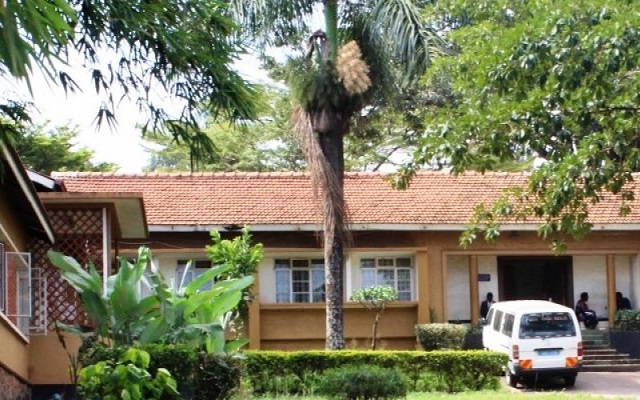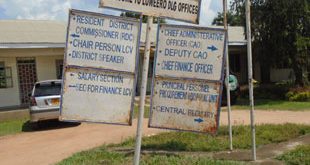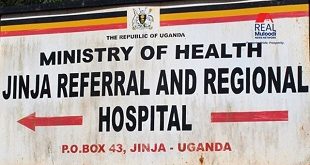
Kampala, Uganda | THE INDEPENDENT | Makerere University Law School is seeking financial independence to run the proposed Executive Bachelor of Laws Programme that is scheduled to start next month. Students enrolling on the program will be paying a whooping Shillings 5M per semester compared to the Shillings 1.7 million for the normal Programme.
This will make the Executive Bachelor of Laws Programme, the most costly at Makerere University. The school says that with financial independence, it would be able to control the finances, retain and invest profits to grow and improve the program, which the law dons say may not be achieved if the Programme is run under the Integrated Financial Management Systems (IFMIS).
The executive program, which will run on weekends, was born out of disagreements by the School and university management on the remuneration of lecturers on the evening programme. The Law school also runs Master of Laws and Doctor of Laws Programmes. Since it started in 1992, the School introduced an evening Programme where it admitted a second set of students.
These students would study from 5pm -9:00pm Monday to Friday and 8am to 5:30pm on Saturdays. This was meant to allow persons who would have loved to study to become barristers but would not be in position to attend the day Programme to obtain a qualification. It was also started to create an avenue for the School to generate additional revenue for staff welfare and general School needs.
The programme according to the School report became an instant success, with many students, including working class persons enrolling. As a result, the school was able to raise revenue, which it used to pay staff allowances and even built lecture rooms.
The evening Programme came with additional responsibilities for both academic and non-academic staff. “By way of example, custodians would have to stay behind to manage the rooms up to 9pm, administrative staff would have to attend to an additional number of students, while cleaners would have to clean classrooms twice or thrice a day,” says the School of Law position paper.
“It is based on this that the Faculty, then created what was termed as a “Top-Up”, allowance, paid to everyone across the board with amounts determined by one’s rank,” adds the paper. URN has also established that the lecturers would in addition receive a gross pay of Shillings 50,000 for every hour taught on the evening program, although the figure had for years remained static.
Managing the evening Programme, according to Law School officials has over the years run into problems, especially with respect to staff remuneration. Progressively, the money the School retained from tuition kept reducing in percentage to an extent that the School became dependent on the center. In 2013, Makerere University staff laid down their tools demanding 100% salary increment.
Although, government promised to address the demands for a pay hike, the University Council managed to woo staff to return to work and approved an incentive allowance of up to 70% of the salaries at that time. With the introduction of incentive allowances, the top-up allowance was scrapped off alongside other 33 allowances that included administration, research supervision, top-up for teaching evening students, and sitting allowances for specific meetings among others.
However, following the collapse of the allowances, negotiations at Makerere University retained what was termed as “ring-fenced money” meant for units with “peculiar needs” with the Law School inclusive. However, following the university’s failure to pay staff incentives in 2016 and disagreements that followed thereafter prompted the appointment of a Visitation Committee led by the late Dr. Abel Rwendeire.
The committee recommended the abolishment of the incentive allowances. As a result, Makerere University managers established the Evening and Teaching Allowance committee that studied the feasibility of evening teaching and gave recommendations to the post- incentive era. It was this committee that gave birth to the leadership/ responsibility allowance worth Uganda Shillings 4.8billion. This allowance was to benefit only heads of units and academic leaders leaving out lecturers.
It is at the center of this stalemate that the University Council resolved that effective Academic Year 2018/19; all new students would be admitted on the day programme from 8:00 am to 5:00 pm or on the afternoon programme from 2:00 pm to 6:00pm. Due to the failure by management to remit back some of the money paid by Law students, the staff were demotivated and therefore made the evening programme “unsustainable.”
******
URN
 The Independent Uganda: You get the Truth we Pay the Price
The Independent Uganda: You get the Truth we Pay the Price


